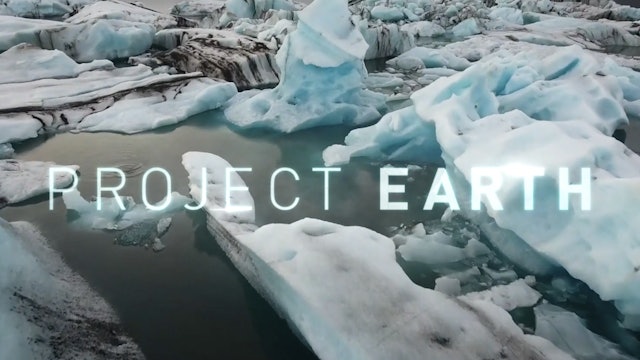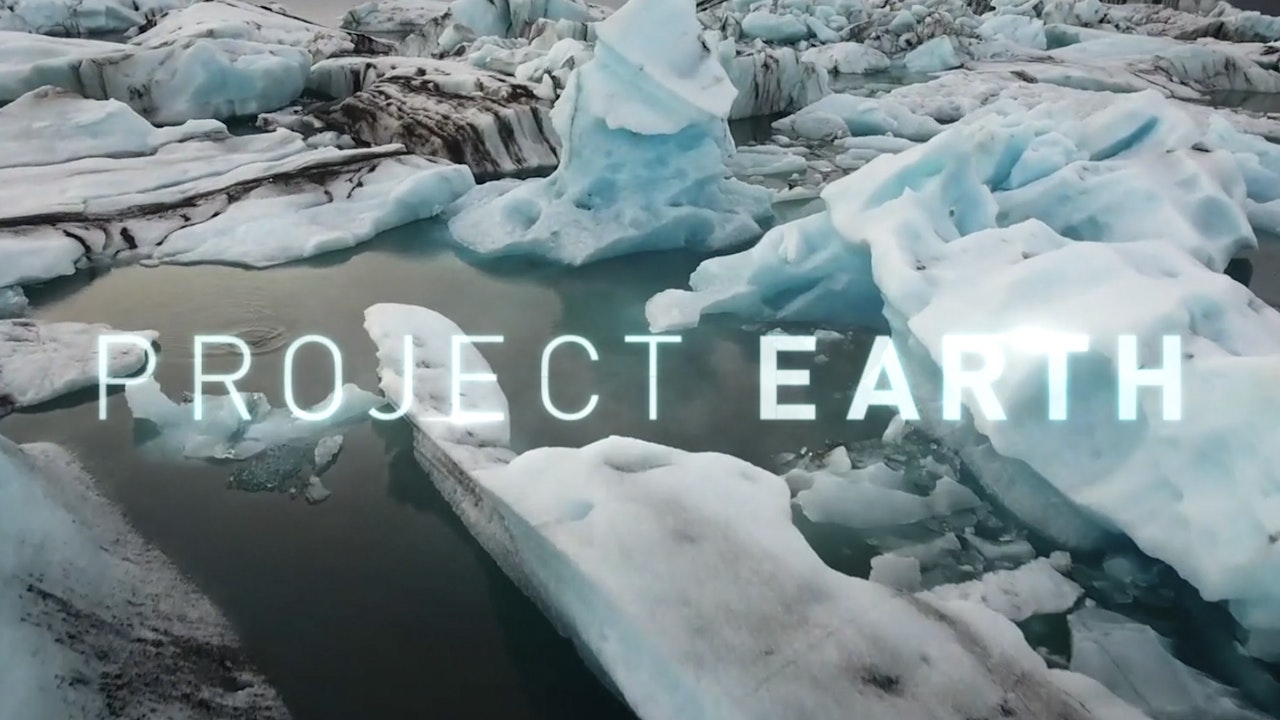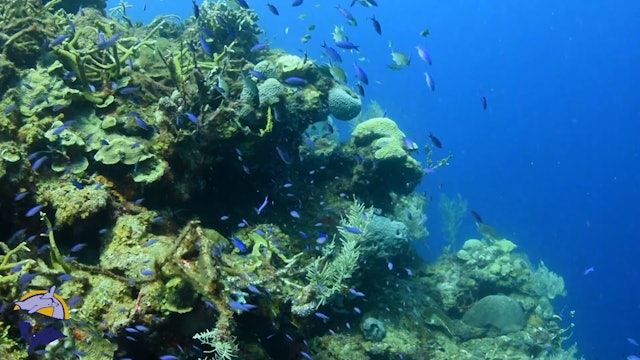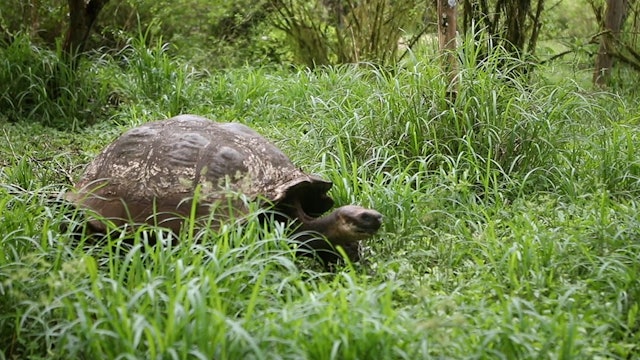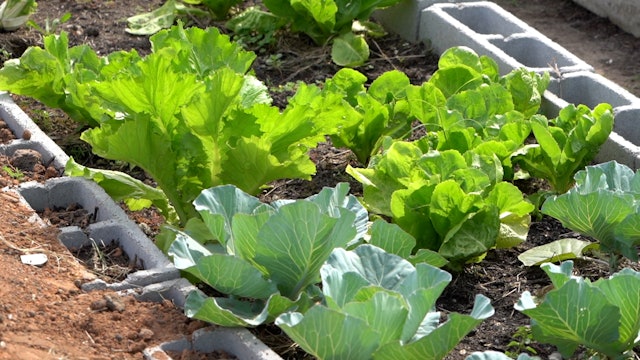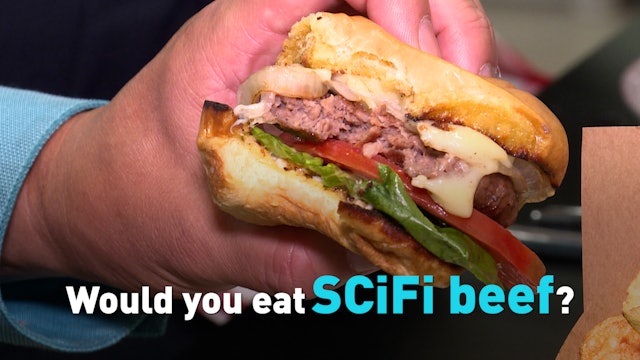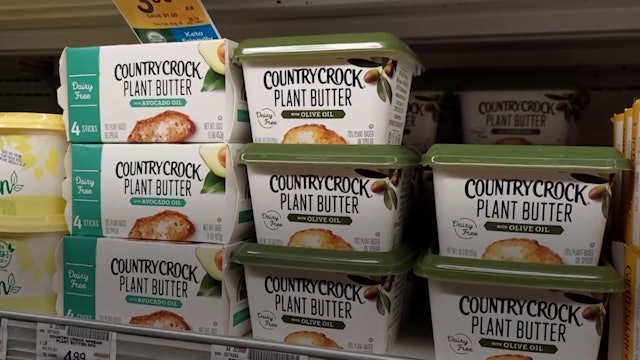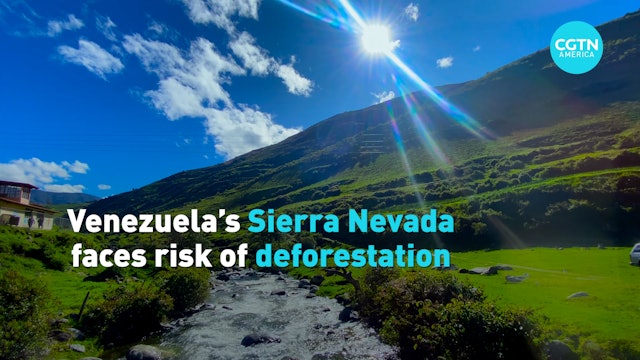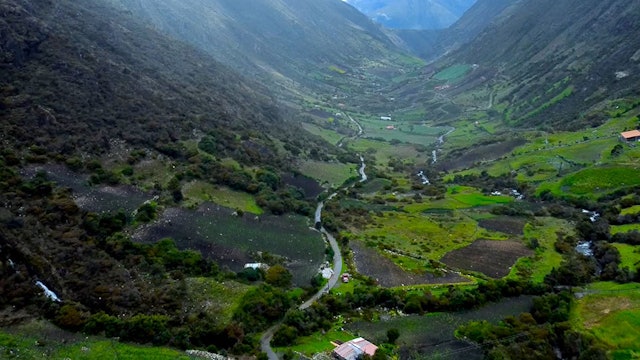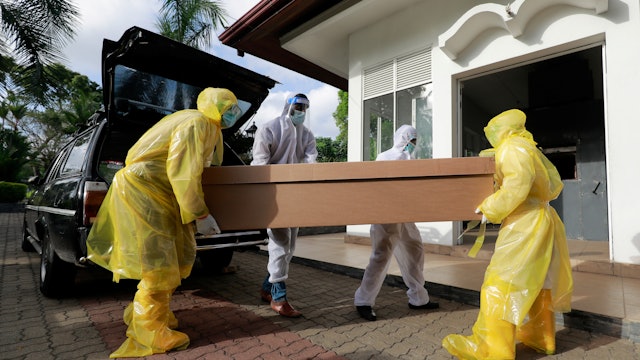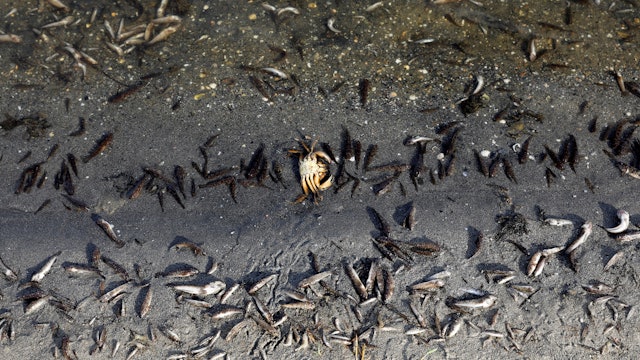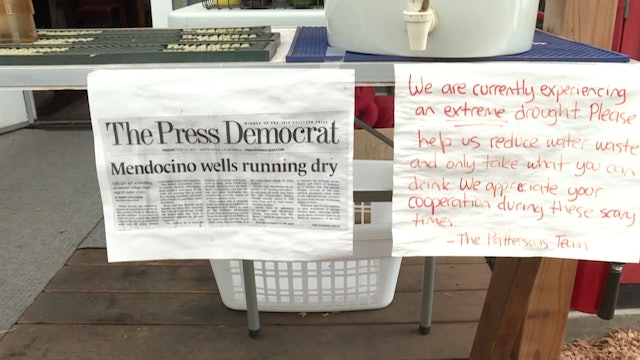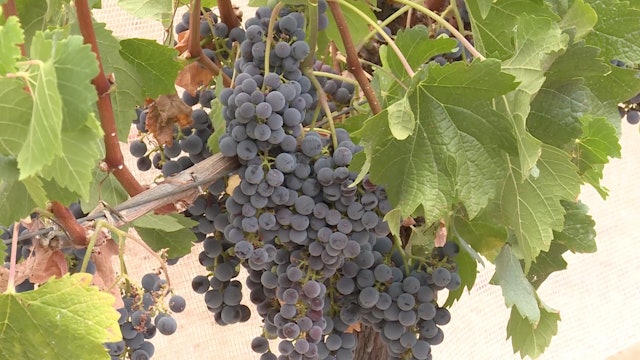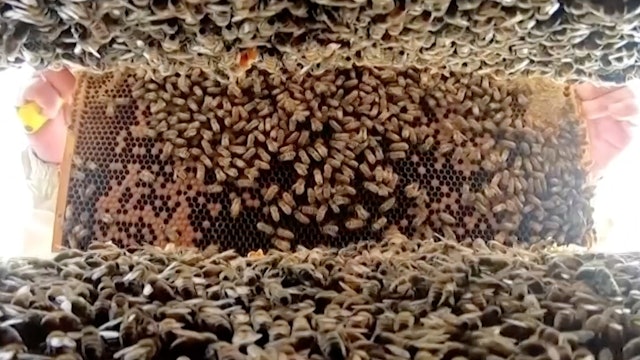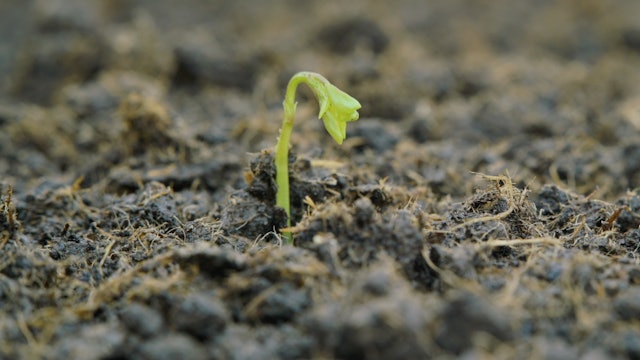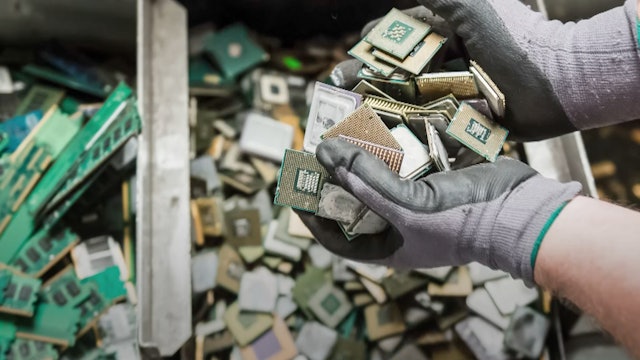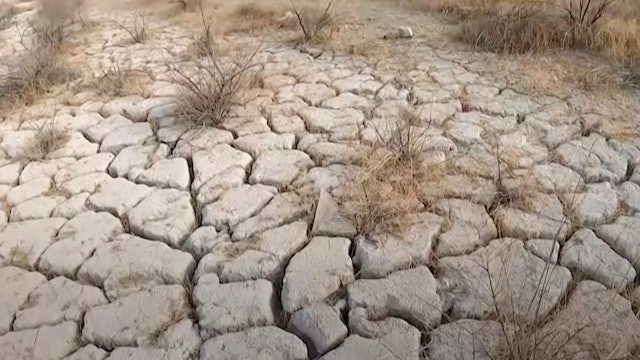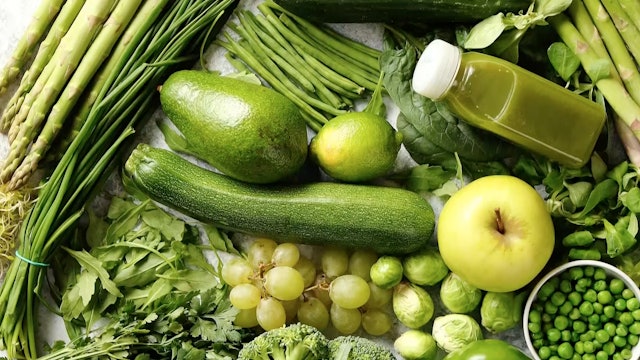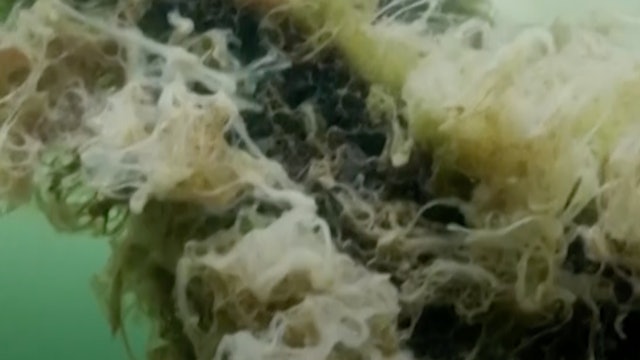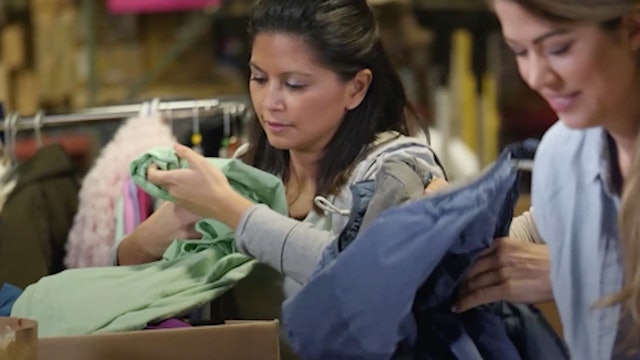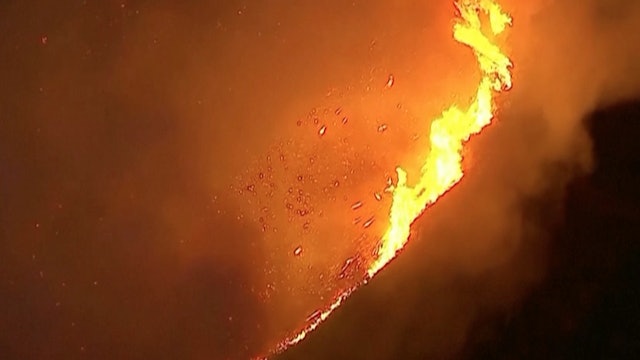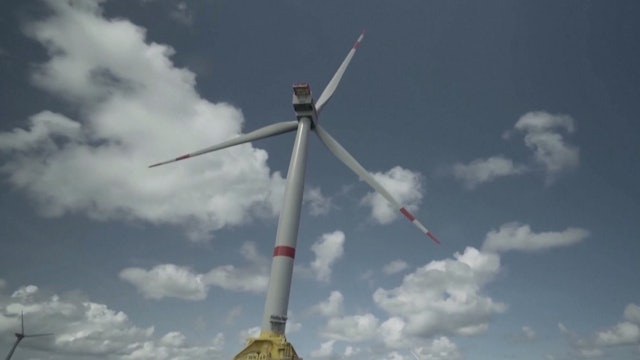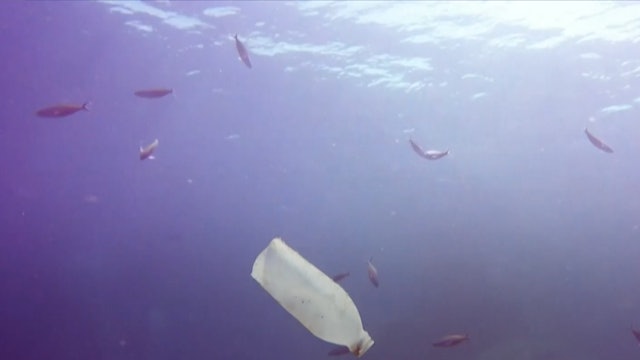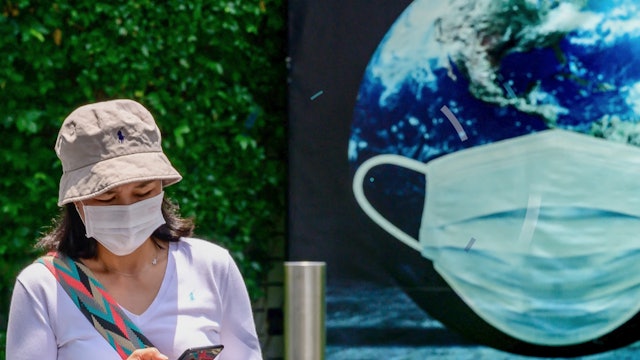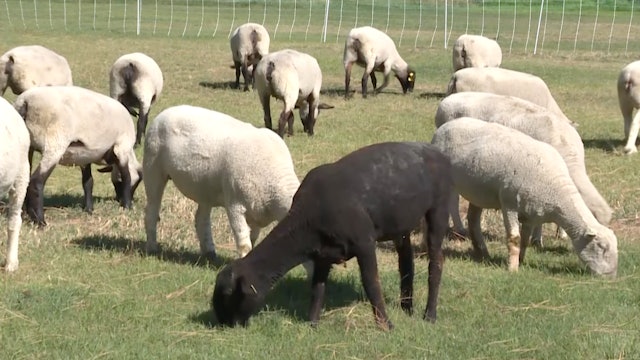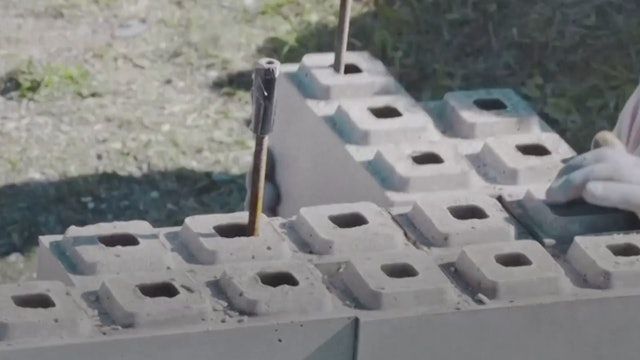Project Earth
In this series, CGTN America explores environmental issues that impact our daily lives and ways humans can lead a sustainable lifestyle.
-
Cubans restore coral reefs
Cuba has over one third of all coral reefs in the Caribbean basin. A group of scientists are making efforts to stop the deterioration of the island’s coral reefs.
-
Giant tortoises of the Galápagos Islands
Scientists say the iconic giant tortoises of the Galápagos Islands have successfully repopulated one of its islands where they had become extinct. Initial results show that 99% of the reintroduced tortoises have survived and are in good health.
-
Rio de Janeiro’s largest urban garden
Well before the COVID-19 outbreak, a Rio de Janeiro initiative began creating organic gardens in the city’s favelas. Now, one of them is aiming to become the world’s largest organic urban garden, which could potentially help alleviate the current food crisis. Meet Julio Cesar Barros, an agronomis...
-
Would you eat SciFi beef?
Lab-grown meat is coming. With products like Impossible Burger and Beyond Meat, plant-based meat substitutes have become a multi-billion dollar industry. Despite the success, some still feel the taste can't quite match the taste of real meat. One startup SCiFi Foods believes it's developed a cost...
-
California bans plastic packaging
California recently passed the most stringent requirements for plastic packaging in the nation. Here’s how the Golden state plans to cut down on all that plastic waste.
-
Venezuela’s Sierra Nevada faces risk of deforestation
One of Venezuela's most precious national parks, The Sierra Nevada is at risk of deforestation. Shortages of cooking gas and constant power outages are forcing people who live there to use firewood as cooking fuel. In addition, the expansion of crops is deteriorating the fragile ecosystem. CGTN's...
-
Deforestation in Venezuela's national park
How do you fight deforestation when wood is also needed to survive?
Residents living in Venezuela's Sierra Nevada National Park say firewood is the only way they can cook.
But environmentalists warn, tree removal is impacting the land.
-
"Green" cardboard coffins
A box factory in Sri Lanka is making cardboard coffins to help poor families bury loved ones during the latest COVID-19 surge in the country.
-
Dying fishes
Over 20 tons of dead fish washed up on the shores of one of Europe’s largest saltwater lagoons, located in Spain. Environmentalists say it’s pollution, while the regional government blamed the deaths on recent high temperatures.
-
California's Mendocino
Much of the U.S. West Coast is suffering historic levels of drought.
That’s leaving some cities and towns struggling to supply enough water for their homes and businesses.
CGTN's Mark Niu traveled to Mendocino, California to see the devastating effects.
-
Saving california's grapes
A year after the devastating effects of Napa Valley’s Glass Fire, the damage is still highly visible. Winegrowers in the region are taking actions to protect themselves against deadly wildfires, as the fire season comes earlier this year. Many of them also face another threat, insurance companies...
-
Drought affecting bee colony
Bees are facing a population crisis.
Every year beekeepers from midwestern states of the U.S. take their colonies to California to pollinate crops, but this year there may not be enough strong colonies to make the trip.
See why, and what it could mean.
-
Farm is the new lab
The outside looks like a cargo container. The inside looks like a spaceship.
Either way, it’s not an ideal farming spot. But it’s where scientists are growing 40 million vegetables on cloth.They’re using technology known as vertical farming.
It requires less energy and significantly less la...
-
How to reduce E-waste?
E-waste is quickly becoming a more devastating problem for the environment around the world.
The Global E-Waste Monitor 2020 report, a collaborative effort between environmental data research and the UN Environment Program, found that the world dumped 53.6 million tons of e-waste in 2019. Only 1...
-
Wild dry west
Lake Mead, the largest reservoir in the U.S. created by the Hoover Dam in Nevada, has sunk to its lowest levels ever, as extreme heat and drought scorch the western U.S.
The drought has gripped much of the West, including the Pacific Northwest down to the southwestern states of Arizona and New M...
-
Your climate diet
Cutting back on what you eat can cut back your carbon footprint.
How the food we choose and the places we buy it from have a major impact on the environment and climate and how average people can improve their diets to make it more friendly to the planet.
-
Sea snots: Thick, gooey & gross
Thick, slimy, organic matter is covering Turkey's Sea of Marmara, possibly choking the local marine life.
The government has vowed to take action, but what caused it?
-
Changing your laundry habits
Laundry can spill plastics into the ocean and rivers. How does it happen? With each load of laundry in a washing machine, millions of microfibers come off our clothes.
They are tiny strands of plastics, almost invisible to the naked eye. They mainly come from synthetic fabrics like polyester, f...
-
Fighting climate change through policies
Experts and analysts in financial policy and regulations are trying to find what they can do in the fight against climate change and the threat of global warming.
CGTN’s Gabriel Yue Yin spoke with Tobias Adrian, Director of the IMF's Monetary and Capital Markets Department, about what organizat...
-
How important are offshore wind farms?
The Biden administration recently approved construction on the first large-scale offshore wind farm in the U.S. heralding a new cleaner era.
He’s also promised a boom in green jobs, but it will take years before those jobs are created in the U.S. and other groups are concerned about the impact ...
-
What happens to plastics in oceans?
More than 78 metric tons of tiny plastic pellets spilled from a sinking cargo ship off the coast of Sri Lanka last week. This week, the 'nurdles' as they're called - pellets about the size of a grain of rice used to make other plastic items - are covering the beach of Sri Lanka. Waves of plasti...
-
PPE kits and pollution
PPE waste risks adding to the amount of microplastic fibers going into the environment. It is estimated that between 15 to 51 trillion particles of microplastic have been floating across the world's ocean since 2014. Scientists don't know the impact of microplastics but know the waste is being in...
-
Sheep landscaping
How can science and design help create multifunctional green spaces that maximize cultural and environmental values?
At the University of California, Davis, researchers believe they've got the answer – Sheep.
-
How to build a sustainable house
These blocks may look like giant Legos, but they just may revolutionize the construction industry.
“Polyblocks,” designed by German start-up Polycarp are made from 90% desert sand and offer an economical and sustainable way to build homes.

